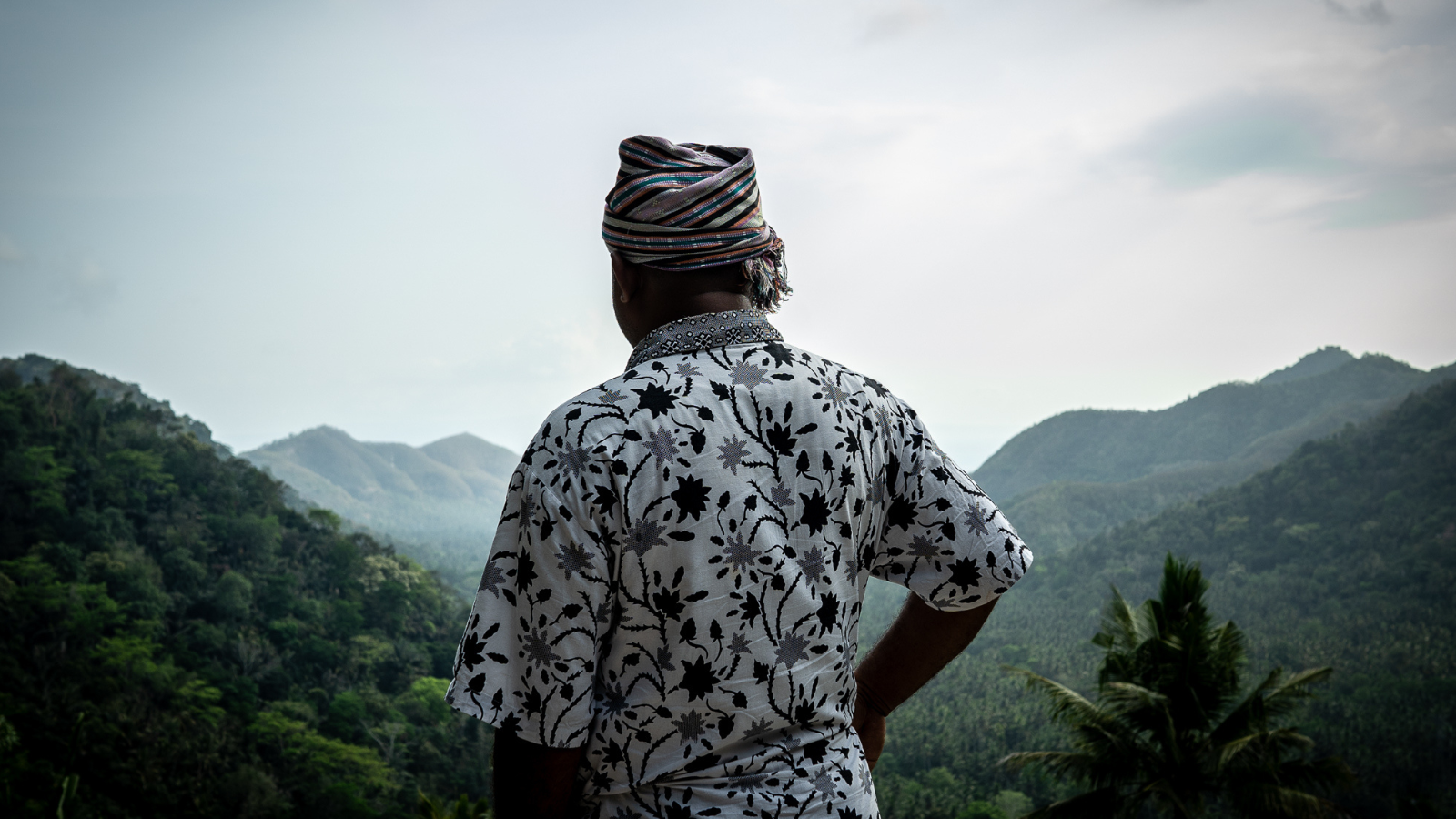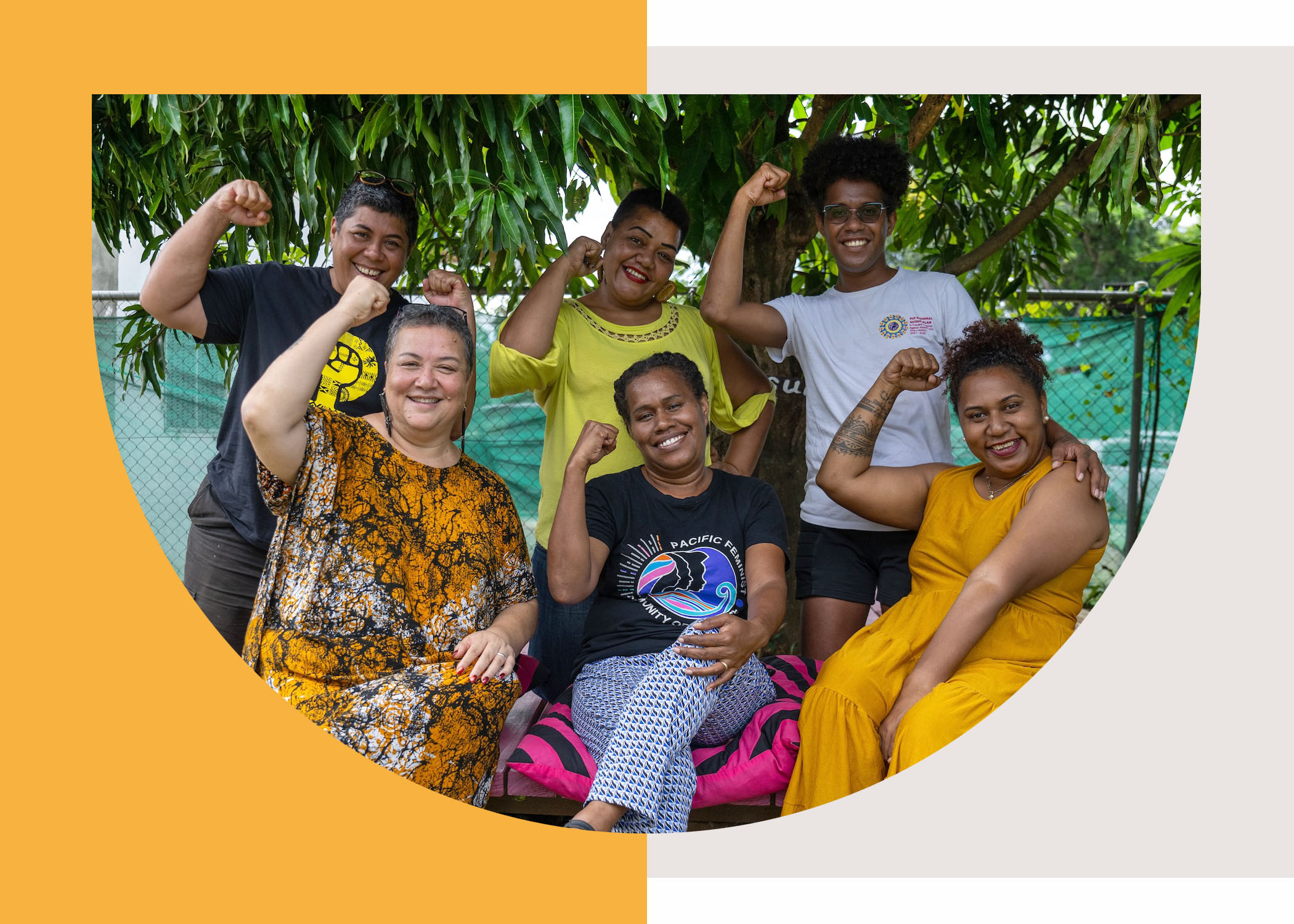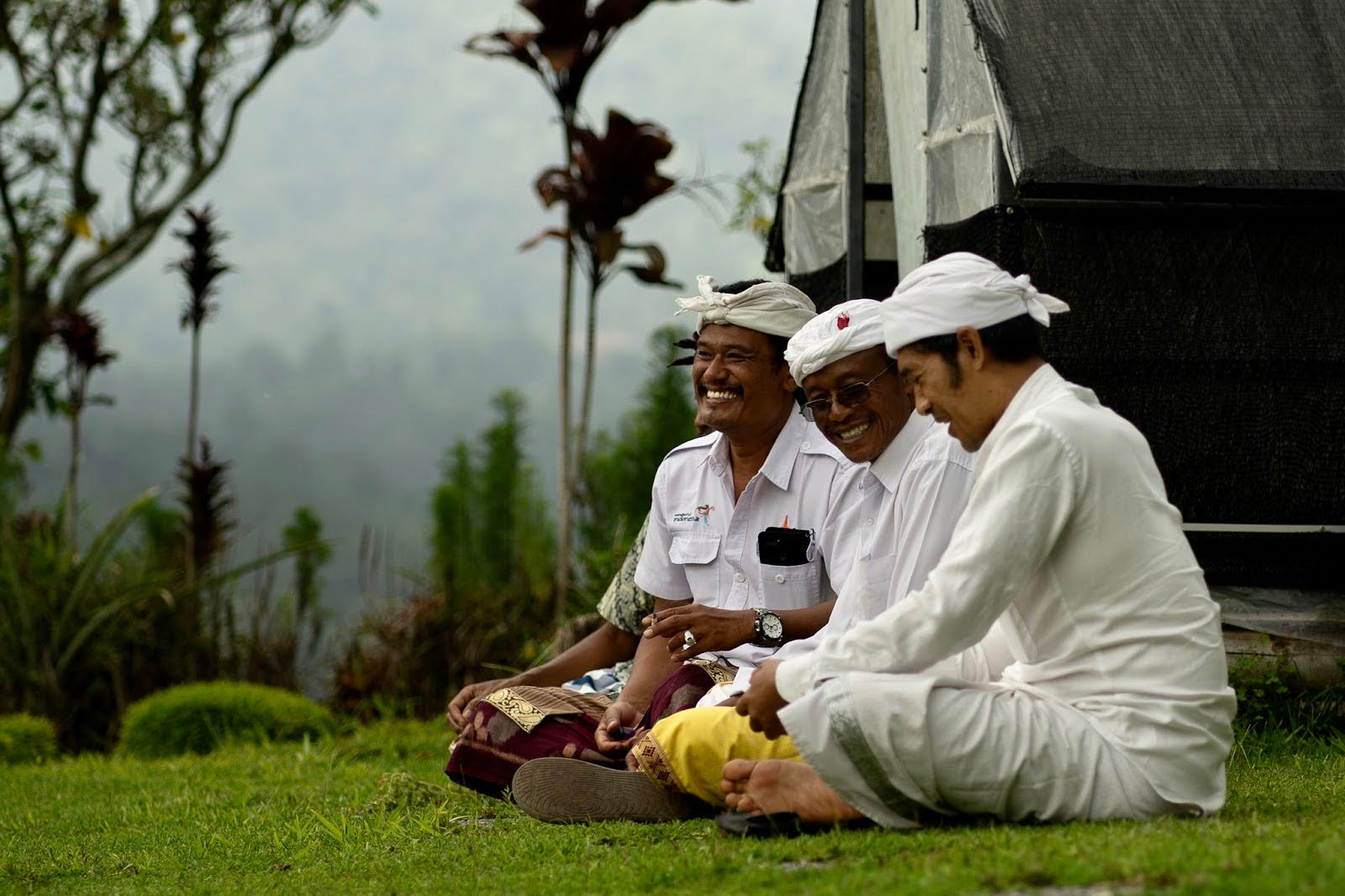Myanmar | Founded in 2000 | Thousand Currents Partner since 2024
The Karen Environmental and Social Action Network (KESAN)
Defending Indigenous lands, livelihoods, and durable peace in Myanmar
KESAN is a community-based organization initiated and led by the Karen Indigenous community. It was established to address the pervasive violence within Karen State, Myanmar stemming from over 80 years of civil war and militarization. (Indigenous Karen define their homeland as Kawthoolei, which encompasses a larger area than the Central Myanmar Government’s designated “Karen State”.) KESAN envisions self-determined governance, secure lands, sustainable livelihoods, durable peace, climate resilience, and gender equity while protecting the environment in their territories.
The organization’s approach focuses on supporting the development of sustainable rural livelihoods through the principles of free, prior, and informed consent. KESAN’s workstreams include securing access to essential resources, supporting displaced communities, strengthening civil society networks, and advocating for environmental governance and policies that safeguard the rights of local people.
The group implements a wide range of activities to achieve its goals, including:
- Environmental and Indigenous education: KESAN provides education programs linked to traditional and ecological knowledge for young people and other community members in the Karen State.
- Economic independence and livelihood activities: KESAN has supported community members to strengthen their food sovereignty by establishing different community-based agroecological initiatives, such as agroforestry projects for growing betel nut, coffee, and fruits; fish conservation; rice banks; and women-led cooperatives for the production of handicrafts. KESAN also supports community members through saving and loans groups.
- Collective resource management and community conservation: KESAN works with Indigenous communities to do land mapping of their territories and water resources. KESAN also supports Karen communities in implementing their indigenous practices for collective territorial governance and biodiversity conservation. KESAN has supported Karen communities to engage in community conservation in various biodiverse areas, including the Salween Peace Park, the Thawthi Taw Oo Indigenous Park, and the Paw Khlo Landscape Area.
- Campaigns and advocacy: KESAN’s advocacy and campaign work is focused on environmental policymaking, natural resource governance, and responsible investment with the goal to advocate against harmful development and resource extraction, and for policies that ensure gender equity, environmental sustainability, and community ownership and management of land and natural resources. After the Myanmar military coup, KESAN’s advocacy has also included calling for sanctions against the military, junta-led government. KESAN has been speaking out against the state-sponsored genocide of the Rohingya people as well as targeted attacks on Indigenous People and ethnic minorities in Myanmar by the military regime.
- Cultural revitalization: KESAN promotes Indigenous cultural production and revitalization activities including traditional poetry, art, and documentary films, and intergenerational dialogues.
KESAN has been actively engaging with Kawthoolei’s government—the Karen National Union (KNU)—to advocate for the recognition of Karen customary land management known as Kaw. This traditional land management system is deeply intertwined with the preservation of Karen cultural beliefs and traditions, and the conservation of the region’s biodiverse ecosystem. In 2022 KESAN’s efforts led to the formal approval by the KNU for the recognition of customary land titles totaling 47,383 hectares (474 km2) across five areas in Kawthoolei.
Related Stories




